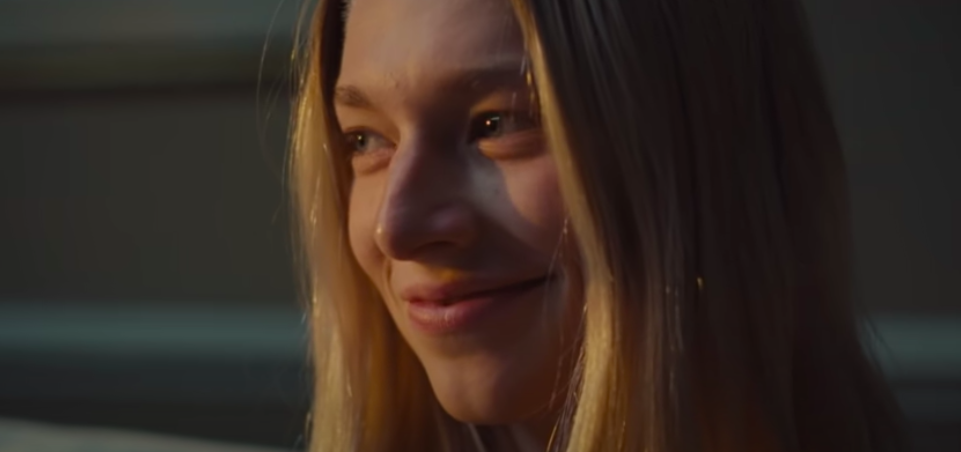LGBTQ representation on television in the 2020-21 season has decreased 1.1 percent from the year before, with nine fewer transgender characters appearing across broadcast, cable and streaming services, according to a media study from GLAAD.
However, there’s been an eight percentage point increase in the number of characters played or voiced by transgender actors. And, while the overall decrease is disheartening — the article mentions it could be because of the pandemic’s pause on shows — having more transgender actors portray trans storylines is a step in the right direction.
ABC’s show Big Sky broke records, starring Jesse James Keitel as the first nonbinary actor to play a nonbinary main character on prime-time television. The show follows detectives trying to find two kidnapped sisters in Montana, soon finding out there are more missing girls from the area — Keitel’s character, Jerrie, being one of them.
A scene in the second episode shows that although there has been an improvement in transgender representation in media, the landscape is far from perfect.
The scene is simple yet unnerving: Danielle tells Jerrie that, since they’ll be stuck together for a while, they “might as well get to know each other.”
The infamous, “Can I ask you a personal question?” ensues, and Jerrie is briefly interrogated about her body. While it is important to acknowledge that Keitel has opportunities to give input on the script and work with the producers on revisions, it is still very upsetting that their character Jerrie is, for a moment, reduced to a single part of her body (not that it is Keitel’s fault).
Grace reprimands Danielle afterwards, telling her that she can’t ask people invasive questions like that. But, even though the show tried to make it into a teaching moment, the scene still feels unnecessary.
[Does ‘The Bachelor’ pass the Bechdel test?]
These kinds of invasive questions are always inappropriate. Instead of having Jerrie fight back and stand her ground, refusing to answer the intrusive query, the writers had her cave in and respond.
Although this is not all Jerrie amounts to in the series, that scene was still so disappointing. How is it that, this far into the 21st century, transgender people are simultaneously breaking records and being dehumanized through the characters they play?
And sometimes, even when transgender people are only mentioned on television, they are the butt of lazy, half-written jokes that still reduce people to their anatomy and are presumably meant to poke fun at the community.
Although these scenes seem to be on the decline, their mere existence is what makes better and representation of transgender people stand out. Examples include Josie Totah voicing a character in Big Mouth who claps back at her peers’ self-righteous questions about her gender and Hunter Schafer’s character Jules in Euphoria giving a monologue about trans-ness being spiritual, comparing femininity to the ocean.
Halfway through Jules’ episode of Euphoria, one montage shows Rue, Jules’ friend and love interest, giving Jules her estrogen shot. There are no dramatic close-ups with suspenseful music, no references to self-mutilation. Just two women spending time together, as Jules lets Rue in on a part of her routine. It’s a wholesome bonding moment for them.
There was a similar scene on season eight of MTV’s Are You The One? when Kai, a nonbinary transmasculine person, took a testosterone shot with a love interest by his side. The scene was humanizing, intimate and contributed to the normalization of trans bodies on television — an integral part of building a more equitable society.
While it’s doubtful anyone expected Big Mouth to become the the embodiment of quality transgender representation, it — in addition to many other shows — did a wonderful job of representing a community that usually does not get that courtesy.
[Netflix’s ‘Bling Empire’ goes beyond guilty-pleasure trash TV]



